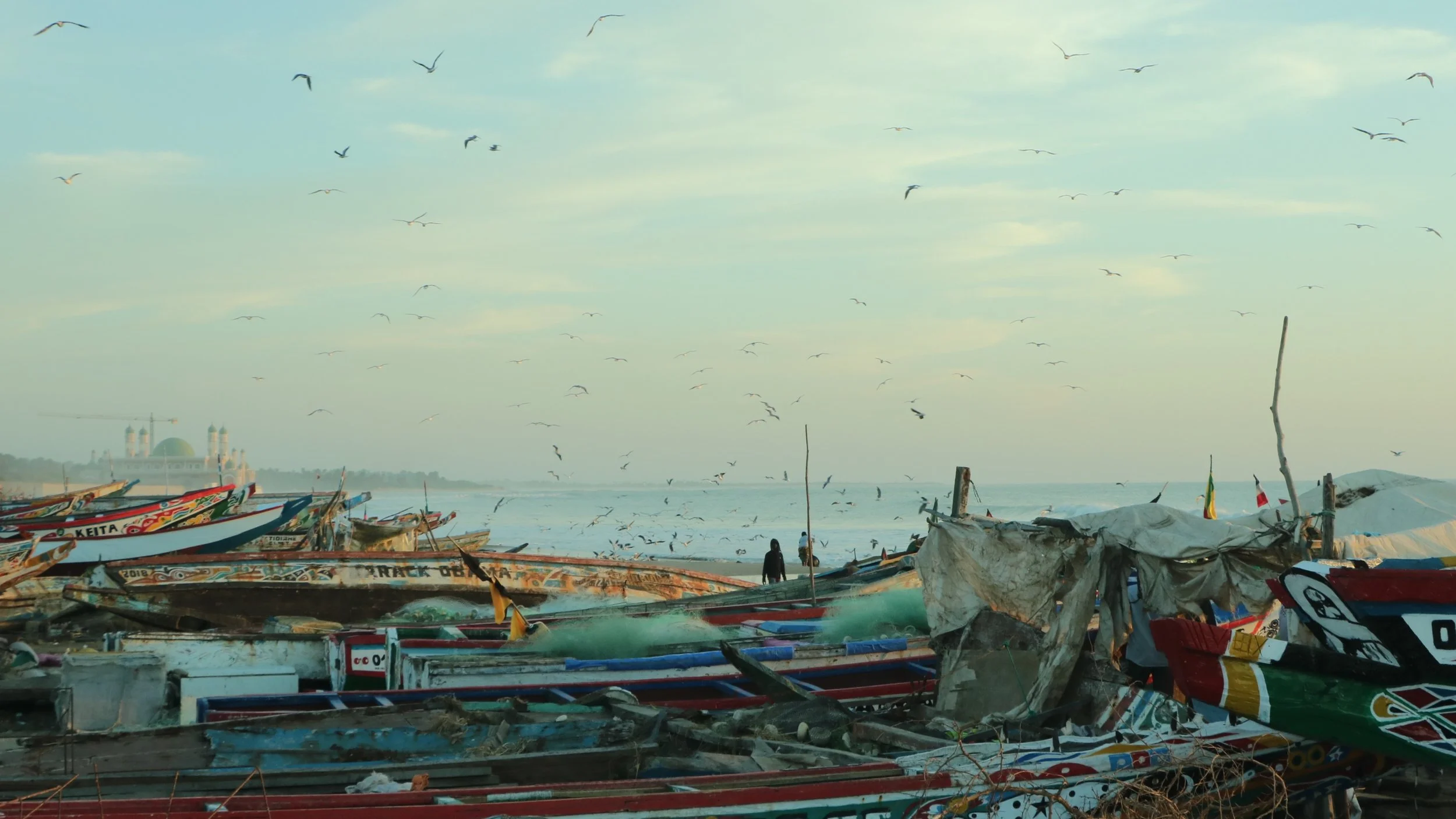During its plenary session on 9 December 2021, the European Social and Economic Committee (EESC) adopted a report on how to align EU food production, which includes seafood production, with the UN Sustainable Development Goals “for a sustainable post Covid 19 recovery.”
Looming clouds in the Gambian coastal skies
In this story by Béatrice Gorez and Dawda Foday Saine and first published in the Yemaya magazine in November, the authors look at the obscuring future of women in fisheries in Gambia as the dense fumes of fishmeal factories are being regurgitated into the environment. Fishmeal factories compete with women for access to small pelagics, and encourage overfishing and illegal fishing.
Blue Economy: MEPs call for a “balance” between new sectors and traditional activities, particularly small-scale fisheries
Discussing the draft of an own-initiative report, the European Parliament PECH committee reminds the European Commission that artisanal fisheries are the most vulnerable and fragile sector of the Blue Economy and insists on the strategic role of aquaculture and fisheries as providers of healthy food and jobs for the future.
CAOPA celebrates World Fisheries Day and commmits to work for sustainable small-scale fisheries
"Small in scale, big in value", IYAFA is officially launched!
Bottom trawling, another catalyst for climate change?
When the fish do not turn up: seeing the concrete signs of climate change
Bilbao, rapporteur of the EU-Gabon SFPA: "The Commission should publish the plans and objectives achieved with the sectoral support of agreements with third countries"
“Finance in Common”: public development banks ignore the communities their investments have an impact on
The Finance in Common (FiC) summit will be discussing food security and agribusiness, supposedly building on the UN Food Systems Summit, for which civil society already expressed concerns. On this occasion, more than 270 small-scale producers, indigenous peoples and civil society organisations, including CFFA, publish a joint statement.





















